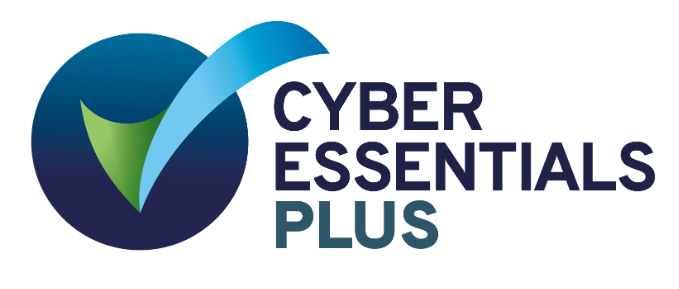Don’t let the urgent crowd out the important - Key person risk and succession planning
16 Jul 2020
For many pension schemes, the Covid-19 pandemic put a greater focus on key person risk and succession planning. Succession planning is sometimes an uncomfortable subject, but the Coronavirus crisis acts as wake up call for pension schemes to look at plans for an organised succession for key senior posts and to develop emergency backup plans on the trustee board, in the executive, and with key suppliers.
The protracted nature of the crisis has placed unusual strains on many leadership teams. Now that the ‘urgent’ has been dealt with, it is time for reflection and to make sure the ‘important’ is not neglected. How have organisations and trustee boards organised themselves to plan and manage for the future? Is there too much reliance on certain key individuals and what happens if they depart leaving the team exposed?
Considered one of the hardest risks to mitigate, it is difficult to benchmark the impact of key person risk. Yet, the sudden departure of a key individual without a solid succession plan can leave a significant gap. Ideally, pension schemes should have a full succession plan for each chair, trustee, senior executive, and key adviser position, which includes both an emergency and a long-term plan. These plans need to consider the extent to which these posts can be covered by in-house resource or through outsourcing whether on an interim or more permanent basis.
In the current environment, pension schemes may consider having at least two individuals for each key role who can perform the essential activities. It might make sense to train more people in critical skills or to consider outsourcing certain processes. Key person risk should be considered as part of a pension scheme’s business continuity arrangements. Mitigation should include steps to evaluate a person’s influence, to determine the impact of their potential absence, and a flexible plan to manage the effects on the pension scheme.
Pension scheme succession planning needs to be expanded beyond Covid-19. As the old saying goes: “knowledge is power” and without the successful transfer or sharing of knowledge, it can be lost with potential significant detriment to a pension scheme’s operations. Viewing key person risk through a proactive lens will help. Start thinking about it as early as possible, well ahead of any expected retirement point. Open an honest dialogue about key person risk and succession planning. Do not make assumptions. Better to have a clear plan that considers all the options. Consider how to capture, pass on or share skills and expertise. You do not want that knowledge leaving the pension scheme when the individual does. One option is to invest in the development and training of deputies, but best to keep an open mind and explore the options that work best for your circumstances and requirements.
Give succession planning the time it deserves and be flexible. The Covid-19 crisis has shone a light on many risks for pension schemes. One that should not be ignored as we move on from the urgent, is the risk of key person dependency and what this could mean for delivering on your strategy and day-to-day operations.

